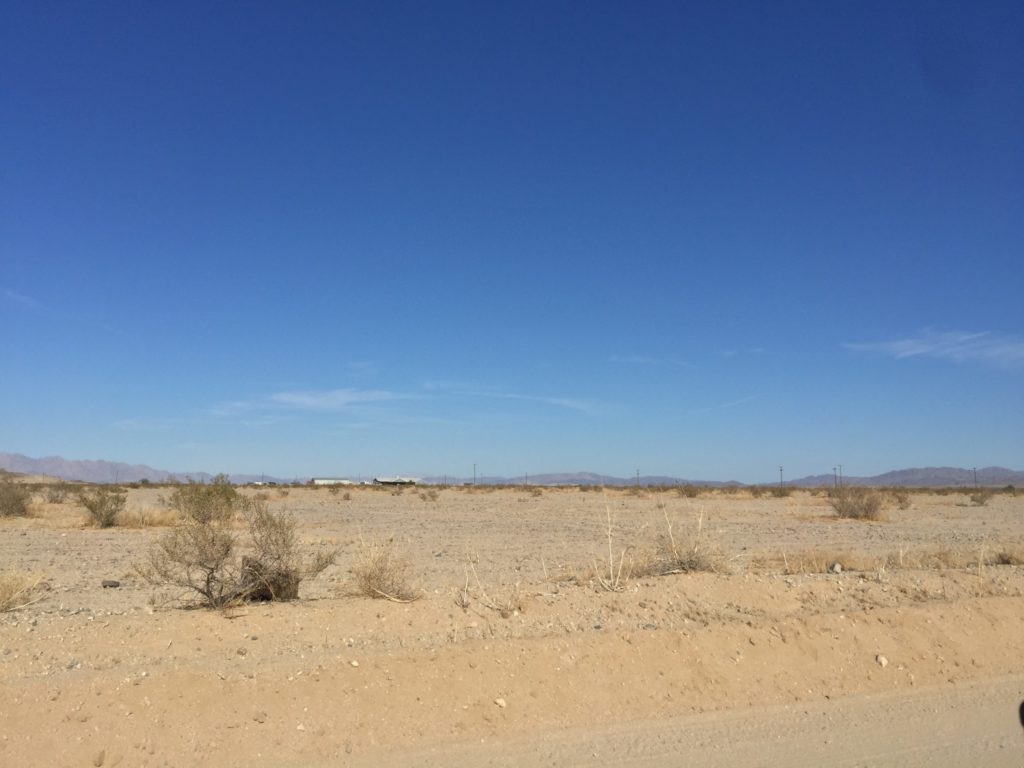Introduction
Vacant land ownership in the United States offers a wealth of opportunities for individuals and investors alike. Whether you’re considering land for development, agriculture, or as a long-term investment, owning undeveloped property can be a versatile and rewarding asset. This article explores the benefits of owning vacant land and highlights why it remains a cornerstone of American real estate.
1. Affordability and Low Initial Investment
Compared to developed properties, vacant land is often significantly more affordable.
- Advantages:
- Lower purchase price per acre.
- Reduced competition in rural and undeveloped areas.
- Why It Matters: This makes vacant land an accessible entry point for first-time investors or those looking to expand their portfolios.
2. Minimal Holding Costs
Vacant land typically incurs fewer expenses than properties with structures.
- Cost Benefits:
- No maintenance or repair costs.
- Lower property taxes in many areas.
- Long-Term Value: These savings allow landowners to hold onto the property until its value appreciates or until a development opportunity arises.
3. Versatility and Flexibility
Owning vacant land provides a blank canvas for various uses.
- Potential Uses:
- Building a dream home or vacation retreat.
- Starting an agricultural or ranching business.
- Establishing renewable energy projects like solar farms.
- Preserving the land for environmental or recreational purposes.
4. High Appreciation Potential
Vacant land often increases in value over time, especially in growing areas.
- Factors Driving Appreciation:
- Urban expansion and new infrastructure developments.
- Increased demand for residential or commercial space.
- Investor Tip: Purchasing land in emerging markets can yield significant long-term profits.
5. Greater Control Over Development
Unlike buying pre-built properties, owning vacant land allows for complete customization.
- Benefits:
- Flexibility to design projects according to personal or business needs.
- Opportunity to choose sustainable or eco-friendly development practices.
- Outcome: This control ensures the land aligns with your vision and goals.
6. Limited Liability and Risks
Vacant land presents fewer risks compared to developed properties.
- Advantages:
- No tenants or occupancy issues.
- Minimal risks of property damage or vandalism.
- Result: Landowners can enjoy peace of mind while holding their investment.
7. Tangible and Secure Investment
Land is a finite resource, and its intrinsic value makes it a secure investment.
- Why It’s Reliable:
- Unlike stocks or bonds, land is a tangible asset that cannot be lost or devalued overnight.
- It provides a hedge against inflation, maintaining its worth over time.
Conclusion
Owning vacant land in the USA offers unparalleled benefits, from affordability and low costs to long-term appreciation and versatility. Whether you’re an investor seeking growth opportunities or an individual with a vision for development, vacant land serves as a foundation for countless possibilities. In the ever-evolving landscape of real estate, it remains a true land of opportunity.

